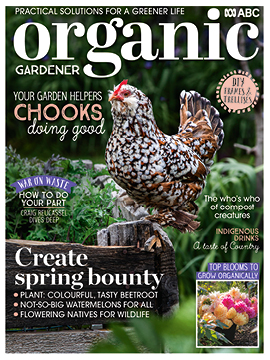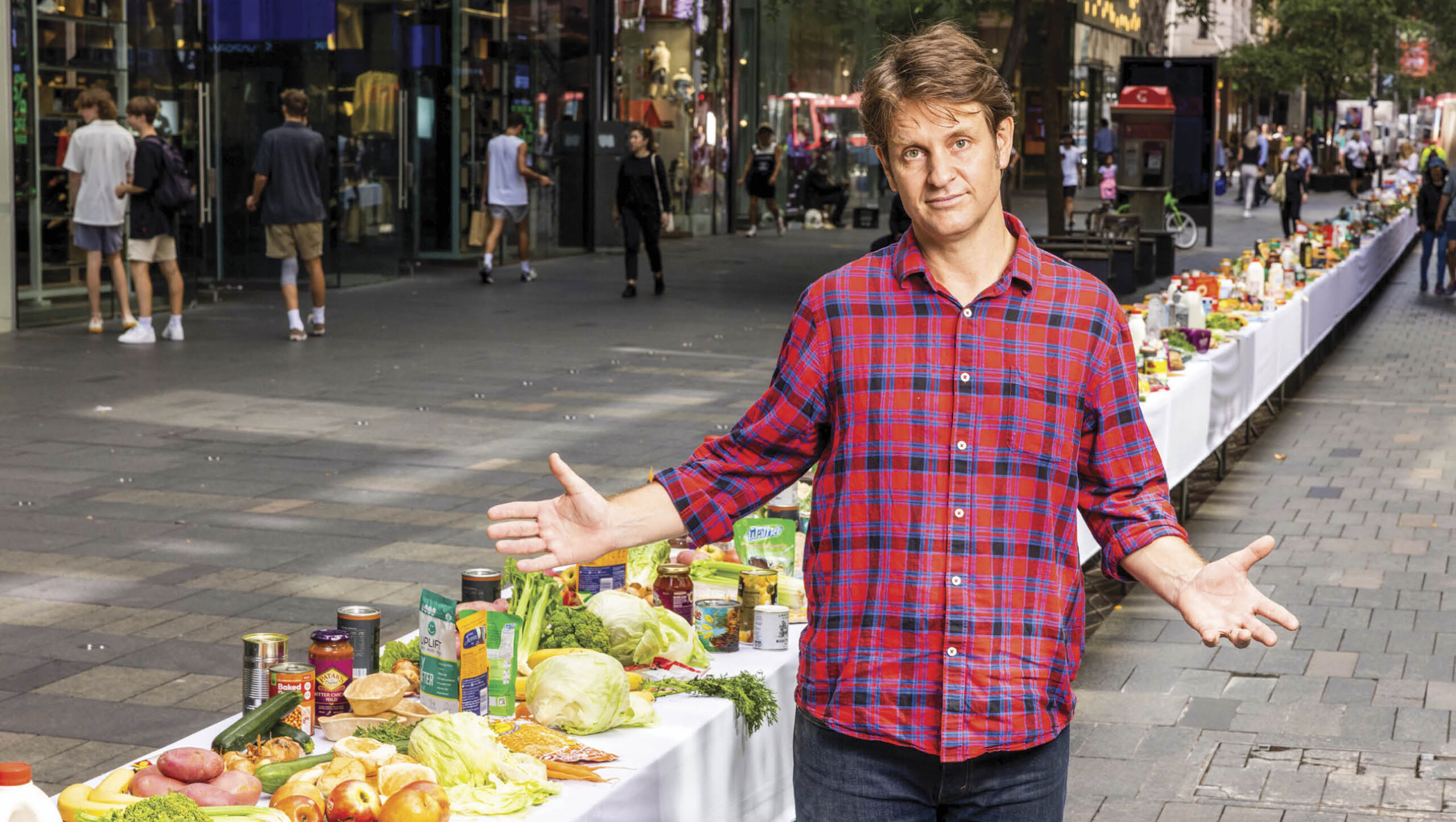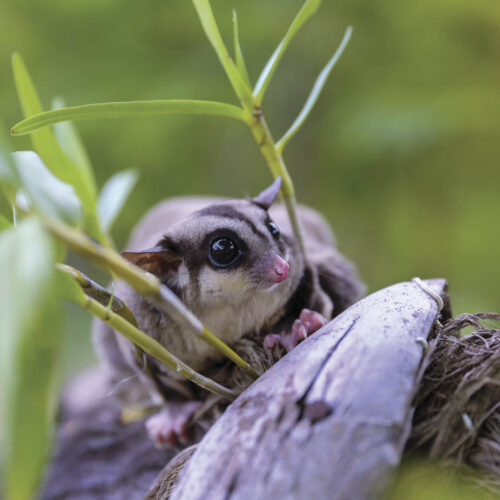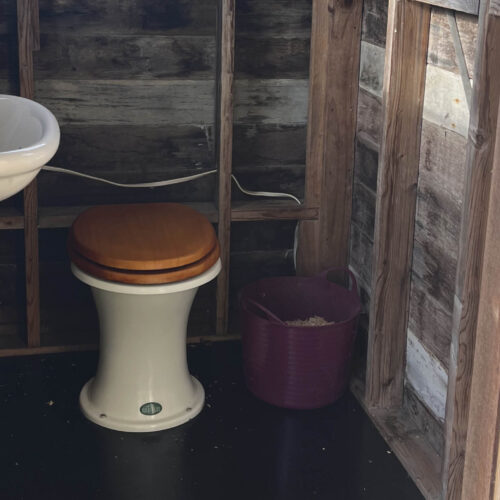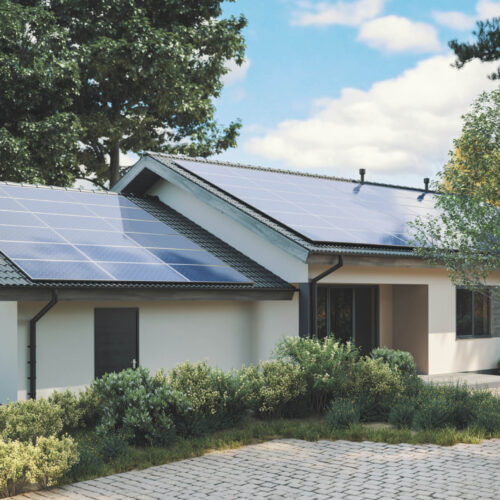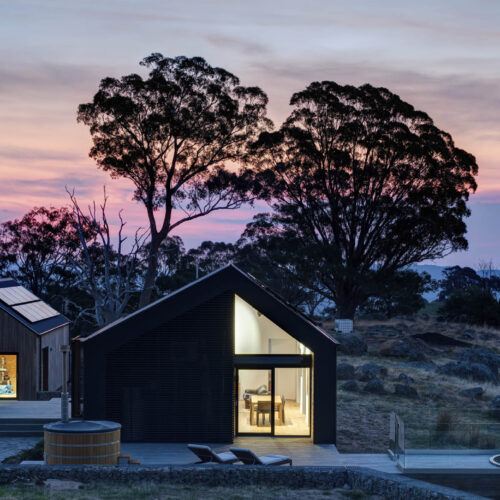The war on waste continues
2023-09-04T04:08:57+10:00
War on Waste host Craig Reucassel talks with Simon Webster about the show’s third season, the progress that's been made and challenges still ahead.
Craig Reucassel wasn’t afraid to put his body on the line for the latest season of the ABC’s War On Waste. But the thought of it doesn’t exactly bring back great memories.
“We do an examination of whether I have microplastics inside me,” he says, sounding a little squeamish. “To be honest, it wasn’t the most enjoyable day of filming.”
The presenter won’t reveal what the exam discovered: “You’ll have to watch the show”.
He does say, though, that the results were rather surprising.
Microplastics are found everywhere from the ice caps to breast milk, so it shouldn’t come as too much of a shock if they are in Craig Reucassel.
The worry, he says, is that we don’t really know what these microplastics are doing to us.
“Part of the concern is that we don’t have a lot of the answers. An enormous amount of chemicals are used in the creation of plastics and we’re at the early stages of trying to figure out what their impact is on health. We are lab rats.”
With microplastics so prevalent, avoiding them isn’t easy. Washing clothes less often, or not buying clothes made of plastic, such as polyester, are good steps, Reucassel says. But while buying clothes made from natural materials might reduce your exposure to microplastics, there’s still an environmental price to pay.
“Some people say, I just use cotton, so it’s fine. But cotton and silk have a large environmental footprint.”
What we really need to do, he says, is get away from fast fashion.
“We now buy more clothes and wear them less. We’ve got to do the opposite: buy less and wear them longer.”
Chasing progress
A member of The Chaser comedy team, Reucassel presented the first season of War On Waste in 2017, and the second a year later, tackling issues from food waste to coffee cups.
Five years on, he is back with season three, a three-part series asking what has changed in Australia in terms of waste, and digging deep into the plastics, food and fashion industries.
Australia has taken some forward steps in the eight years since War On Waste began, Reucassel says.
“We’ve definitely had an improvement in some of our legislation and our behaviours,” he says.
“Container deposit schemes will be in every state by the end of this year, and people have changed their habits. People trying to avoid single-use items has become more common.”
How much of that was due to War On Waste? Reucassel doesn’t want to claim too much credit, but feels the show did at least motivate people.
“People became very engaged,” he says. “They started looking for solutions. And that meant they did things like call up their council or speak to local politicians.
“That kind of questioning from the community is what’s really led to change.”
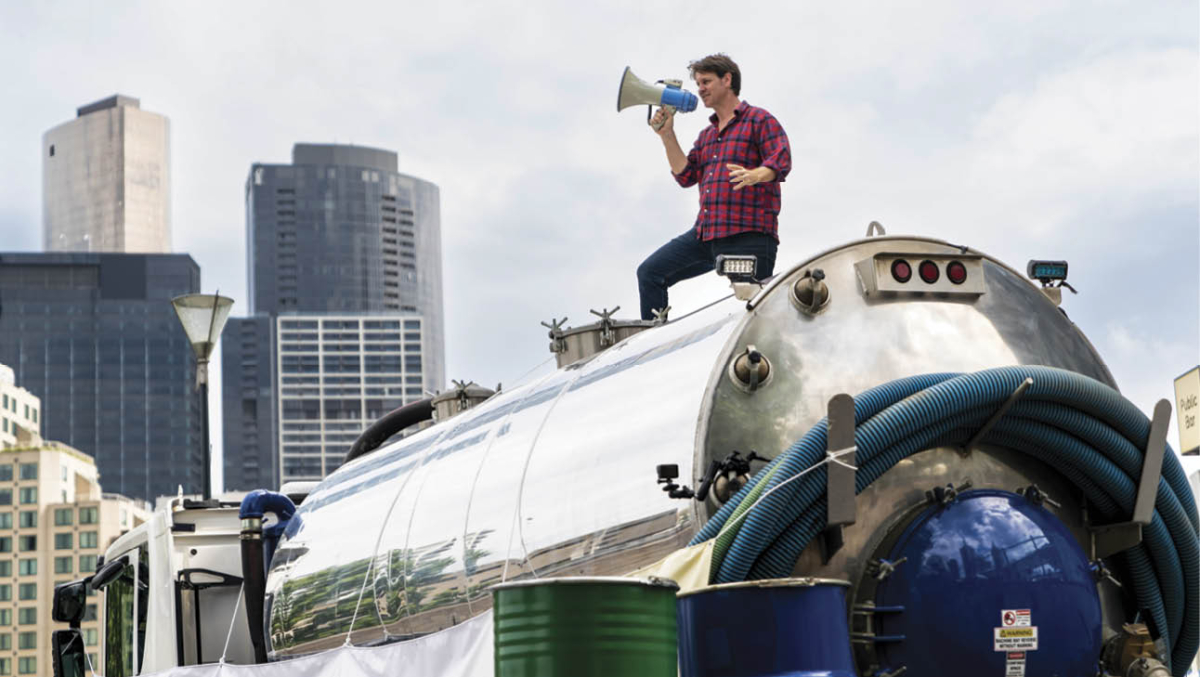
Hunger for change
Australia’s approach to waste may have improved in some ways, but we still have a long way to go. We are sending more waste overseas, we are still among the highest consumers of textiles in the world, and we are wasting more money than ever on food that we throw out, the show reveals. That food waste causes climate change.
“In Australia, most of the food waste that we throw out goes into landfill,” Reucassel says. “In landfill the food breaks down without oxygen, which creates methane, a very potent greenhouse gas.
“So firstly, growing the food has taken a lot of water and energy, time, and land. And then we throw out about a fifth of the food we buy, and if that’s buried, it creates methane. It’s the most ridiculous system.”
The good news is that reducing food waste is something that individuals have a lot of power over, Reucassel says.
“Nearly half of food waste comes from households, so we do have capacity to change things.”
When it comes to personal change, Reucassel says learning to be a good composter is one positive effect that War On Waste has had on him.
“I’m still not a great gardener, though.”
Tackling food, plastic and fashion waste, and creating a more circular economy, is going to require a joint effort by individuals and organisations. But people should realise they have power, Reucassel says.
He hopes the third season of War On Waste will motivate viewers to re-engage and take the next steps, whether in their personal lives or how they engage with business and government.
“Change is only going to come with community pressure,” he says.
The war on waste is part of a bigger battle against climate change, Reucassel says, and it’s imperative that we win.
“We have to move away from this use-it-once, disposable approach to society. We have to change, or we’re going to have big problems long term.”
The third season of War On Waste is currently screening on ABC iview.
For more ideas about recycling and practical solutions for living a greener life, subscribe to Organic Gardener magazine here.
